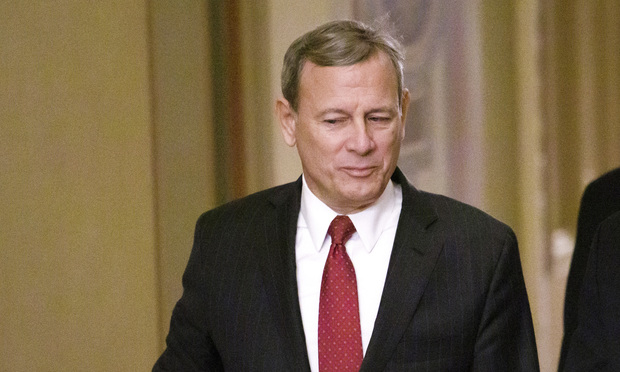A popular focus of the general and legal press, both this past spring and in recent years, has been the leftward list of the U.S. Supreme Court under Chief Justice John Roberts. Multiple rulings on social issues have proven to be more centrist—and, therefore, more liberal—than expected. Nonetheless, and relevant for commercial litigators, some have contended that the Roberts court remains conservative on business and commercial issues. Putting this notion to the test through an examination of a few of last term’s decisions, however, shows that the court’s rulings demonstrate a judicial pragmatism that may, in fact, be above politics and the modern media’s craving to play sides.
The court’s recent decisions on social issues have been well followed. In a landmark June 15, 2020, decision authored by Justice Gorsuch, the Court held in Bostock v. Clayton County that Title VII prohibits employment discrimination against LGBTQ individuals “because of sex.” With Chief Justice Roberts in the 6-3 majority, the court ruled that discrimination on the basis of sexual orientation or gender identity is unlawful because employment decisions made “because of sex” are prohibited by Title VII. The court’s majority opinion stated that “sex plays a necessary and undisguisable role in the decision [of an employer to fire someone simply for being homosexual or transgender], exactly what Title VII forbids.” Justice Neil Gorsuch grounded his opinion in the plain text of the law, though he acknowledged that, when the law was passed, Congress may not have been thinking of LGBTQ persons.


 U.S. Supreme Court Chief Justice John G. Roberts (Photo by Diego M. Radzinschi/ALM)
U.S. Supreme Court Chief Justice John G. Roberts (Photo by Diego M. Radzinschi/ALM)




